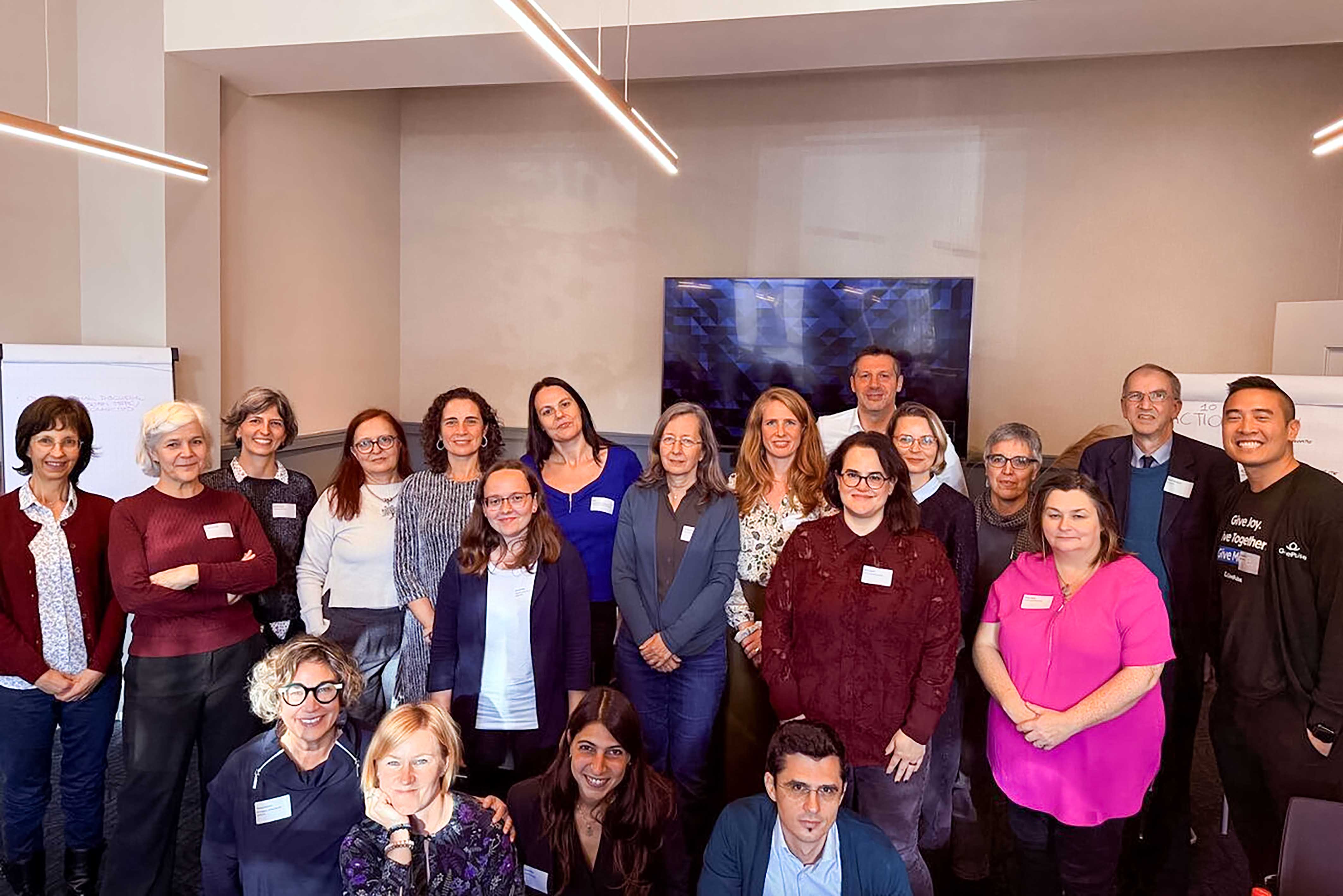On October 16th and 17th, IQS Service-Learning took part in the 7th Conference of the European Association of Service-Learning in Higher Education (EASLHE), held in Utrecht (The Netherlands). The event brought together a wide range of European universities and institutions, creating a space for dialogue and reflection on the future of service-learning within higher education.
IQS actively participates in the 7th EASLHE Conference to promote European research and collaboration in service-learning

IQS has been a member of this European network for a year, and this was the second time the institution has participated actively in such an event. The experience made it possible to strengthen ties with other institutions and participate in discussions and projects that define the strategic direction of EASLHE.
Three core areas of work
The conference focused on three main areas of action, which form the pillars of EASLHE’s mission:
- Research Agenda: An emphasis was placed on promoting research about service-learning in Europe, building connections and collaborations among researchers, and exploring potential funding opportunities for research projects.
- Policy Development: Participants discussed the advocacy and institutionalization of service-learning at national, European, and international levels, with the goal of integrating it into educational and university policies.
- Outreach and Communication: The importance of supporting EASLHE’s communication and outreach activities was highlighted, aiming to create a European Service-Learning Community and build an active, cohesive network among its members. Strengthening regional and national networks that promote service-learning across the continent was also emphasized.
The international dimension of service-learning research
EASLHE has played a key role in compiling and analyzing data for the European region within the Global Research Agenda Project led by the International Association for Research on Service-Learning and Community Engagement (IARSLCE). This international association, which also took part in the event, is a leading global platform in the field of service-learning and community engagement research.
The IARSLCE originated from a project led by Professor Andrew Furco, one of the foremost global figures in this field. Thanks to his work, research on service-learning has gained growing recognition and has become solidified as a tool for connecting academic learning with social responsibility.
IQS’s contribution and inclusion in the European Research Agenda
During the Annual Conference on 16 October, a collaborative session was held to continue drafting the European Research Agenda on Service-Learning, which outlines the key topics and research questions the association aims to address.
The following day, 17 October, was devoted to networking among researchers who exchanged experiences, learned from one another, and explored new opportunities for collaboration. This interactive space reinforced the collaborative and interdisciplinary nature of research in this field.
Within this context, IQS Service-Learning has been accepted as a member of the Research Agenda Working Group, a step that will enable the institution to play an active role in shaping European research lines on service-learning.
This incorporation strengthens IQS’s commitment to applied research and to promoting educational methodologies that combine academic excellence with social engagement.
A European network for collaboration and innovation
The EASLHE Research Working Group, of which IQS is now a member, brings together researchers from across the European Higher Education Area to explore new opportunities for collaborative projects and to foster joint research that contributes to strengthening the service-learning model on a European scale.
Through its active participation in this conference and its inclusion in the working group, IQS has reaffirmed its commitment to educational innovation, social responsibility, and international collaboration — the core elements of its mission as a higher education institution.









